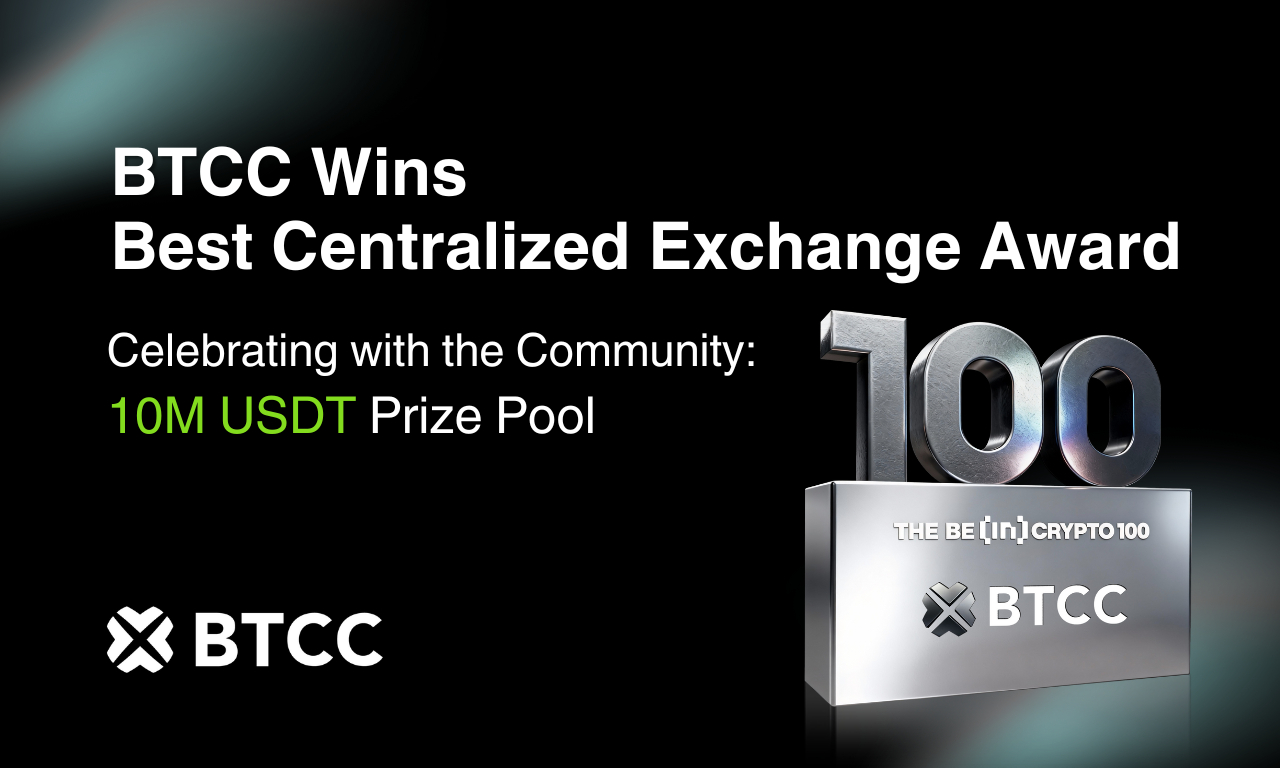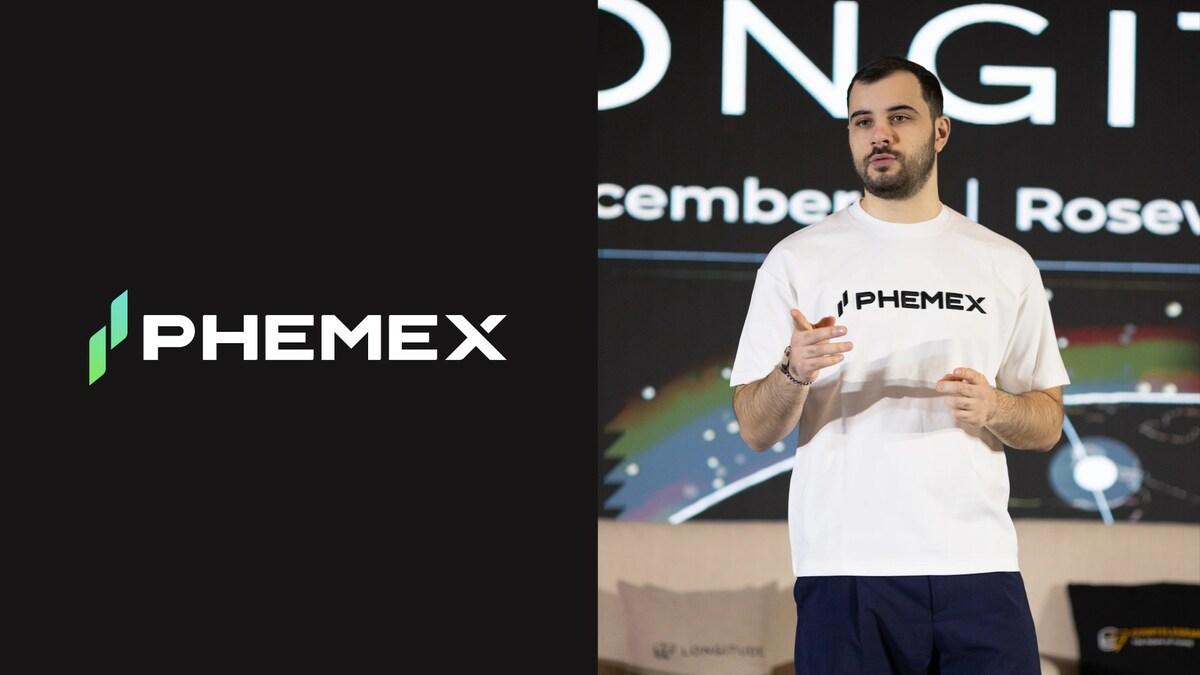Introduction
In the world of crypto and blockchain, marketing plays a crucial role in driving awareness, adoption, and success. Understanding the importance of marketing in the crypto and blockchain industry is essential for beginners looking to navigate this rapidly expanding field. This article provides an overview of why marketing is vital in this industry and explores the target audience of beginners.
By delving into these topics, readers will gain valuable insights into the significance of effective marketing strategies and how they can effectively reach and engage with their target audience.

Understanding Crypto and Blockchain
Notion
Cryptocurrency is a digital form of currency that uses cryptography for secure transactions. Unlike traditional currencies, cryptocurrencies operate on decentralized networks called blockchains.
These blockchains are public ledgers that record all transactions and are maintained by a network of computers. Blockchain technology enables secure and transparent transactions by linking data in blocks using cryptography.
It has the potential to revolutionize industries like finance, supply chain management, and healthcare by improving efficiency, reducing costs, and enhancing security. Effective marketing is crucial for driving awareness, adoption, and success in the crypto and blockchain industry.
Popular Types of Crypto and Blockchain Businesses

In the world of crypto and blockchain, there are various types of businesses that have emerged to capitalize on the potential of these innovative technologies. Here are some popular types of crypto and blockchain businesses
- Cryptocurrency Exchanges
- Blockchain Development Companies
- Cryptocurrency Wallet Providers
- Initial Coin Offering (ICO) Platforms
- Decentralized Finance (DeFi) Projects
- Blockchain-based Supply Chain Solutions
- Blockchain Gaming Platforms
Cryptocurrency exchanges are platforms that allow users to buy, sell, and trade cryptocurrencies. These exchanges provide a marketplace for individuals and businesses to exchange one cryptocurrency for another or for traditional fiat currencies. Some popular cryptocurrency exchanges include Coinbase, Binance, and Kraken.
Blockchain development companies specialize in building and implementing blockchain solutions for businesses. They work on developing custom blockchain networks, smart contracts, decentralized applications (DApps), and other blockchain-based solutions tailored to the specific needs of their clients. Examples of blockchain development companies include ConsenSys, R3, and IBM Blockchain.
Cryptocurrency wallets are digital wallets that allow users to securely store, manage, and transact with their cryptocurrencies. Wallet providers offer software or hardware wallets that enable users to safely store their private keys, which are required to access and transfer their cryptocurrencies. Some well-known cryptocurrency wallet providers include Ledger, Trezor, and Metamask.
ICO platforms facilitate the launch and fundraising of new cryptocurrency projects. These platforms provide a space for blockchain startups to present their projects to potential investors and raise funds by selling their native tokens or cryptocurrencies. ICO platforms often conduct due diligence on projects and help with the token sale process. Examples of ICO platforms include Ethereum-based platforms like ICOBox and Waves Platform.
Decentralized finance, or DeFi, aims to recreate traditional financial systems using blockchain technology. DeFi projects offer various financial services such as lending, borrowing, decentralized exchanges, stablecoins, and yield farming. Examples of popular DeFi projects include Compound, Aave, and Uniswap.
Blockchain technology has the potential to revolutionize supply chain management by providing transparency, traceability, and security. Blockchain-based supply chain solutions enable businesses to track and verify the movement of goods and ensure the authenticity and quality of products. Companies like VeChain, IBM Food Trust, and Waltonchain are working on blockchain-based supply chain solutions.
Blockchain technology is also being utilized in the gaming industry to create decentralized gaming platforms that offer unique features such as true ownership of in-game assets, play-to-earn models, and provably fair gameplay. Examples of blockchain gaming platforms include Axie Infinity, Decentraland, and Gods Unchained.
These are just a few examples of the diverse range of crypto and blockchain businesses that have emerged in recent years. As the industry continues to evolve, new types of businesses are expected to emerge, presenting exciting opportunities for entrepreneurs and enthusiasts alike.
Crypto & Blockchain Marketing
Importance of Marketing in Crypto and Blockchain
Marketing is essential in the crypto and blockchain industry to drive awareness, adoption, and success. It plays a crucial role in educating people about the benefits and potential of these technologies, fostering adoption, and building trust.
Effective marketing strategies differentiate projects, attract partnerships and investors, and establish a strong brand presence. Compliance with regulations is vital, and a comprehensive marketing plan, along with measuring success, ensures optimal results. As beginners explore this field, implementing effective marketing strategies will be key to their success.
Key Strategies for Crypto and Blockchain Marketing
In the crypto and blockchain industry, there are several marketing strategies that businesses can employ to promote their products and services. These strategies include
Creating and sharing valuable and informative content such as blog posts, articles, videos, and podcasts to educate and engage the target audience. This helps establish thought leadership and build trust among potential customers.
Leveraging popular social media platforms like Twitter, Facebook, LinkedIn, and Instagram to reach a wider audience. This includes posting regular updates, sharing industry news and insights, and engaging with the community.
Collaborating with influential individuals in the crypto and blockchain space who have a large following and credibility. These influencers can help promote products and services, create brand awareness, and drive user adoption.
Creating and nurturing a strong and active community around the brand. This involves organizing events, hosting webinars, participating in forums and online communities, and providing support and resources to community members.
Utilizing paid advertising channels such as Google Ads, social media ads, and sponsored content to reach a targeted audience. This can help increase brand visibility, drive website traffic, and generate leads.
Read more: https://coincu.com/238635-how-to-build-a-crypto-community-success/
These examples demonstrate the effectiveness of well-executed marketing campaigns in raising awareness, attracting users, and driving adoption in the crypto and blockchain industry.
Building a Marketing Plan

When developing a comprehensive marketing plan for crypto and blockchain projects, there are several important steps to consider.
- Thoroughly research and understand the target audience
- Craft a compelling and coherent messaging strategy
- Select the right marketing channels
- Allocate resources appropriately
This involves identifying their demographics, interests, and preferences. By gaining a deep understanding of the target audience, marketers can tailor their messaging and strategies to effectively engage and resonate with them.
This involves clearly defining the unique selling points of the crypto or blockchain project and communicating them effectively to the target audience. The messaging should highlight the benefits, features, and value proposition of the project, addressing any pain points or challenges that the target audience may have.
Different channels have varying levels of reach, engagement, and effectiveness. It is important to identify the channels that are most likely to reach the target audience and align with their preferences. This may include social media platforms, industry-specific forums and communities, content marketing platforms, and targeted advertising channels.
Budgeting is a key aspect of developing a marketing plan. Allocating resources to different marketing activities and channels is essential for maximizing the impact of the marketing efforts. It is important to strike a balance between cost-effectiveness and the potential return on investment. Regularly reviewing and adjusting the budget based on performance and results is crucial for optimizing marketing spend.
By carefully considering these steps and taking a strategic approach to developing a marketing plan, crypto and blockchain projects can position themselves for success in a competitive industry. It is important to continuously monitor and evaluate the effectiveness of the marketing strategies, making adjustments as necessary to ensure optimal results.
Read more: https://coincu.com/236413-how-to-grow-crypto-nft-projects-top-7-twitter-marketing-strategies/
Conclusion
In conclusion, marketing plays a vital role in the crypto and blockchain industry. It is essential for driving awareness, adoption, and success. By effectively implementing marketing strategies, businesses can educate people about the benefits and potential of these technologies, foster adoption, and build trust.
For beginners in this field, understanding the importance of marketing and implementing effective strategies will be key to their success. It is important to continuously adapt and refine marketing efforts based on the evolving market dynamics to stay ahead in this rapidly expanding industry.
| DISCLAIMER: The information on this website is provided as general market commentary and does not constitute investment advice. We encourage you to do your own research before investing. |














